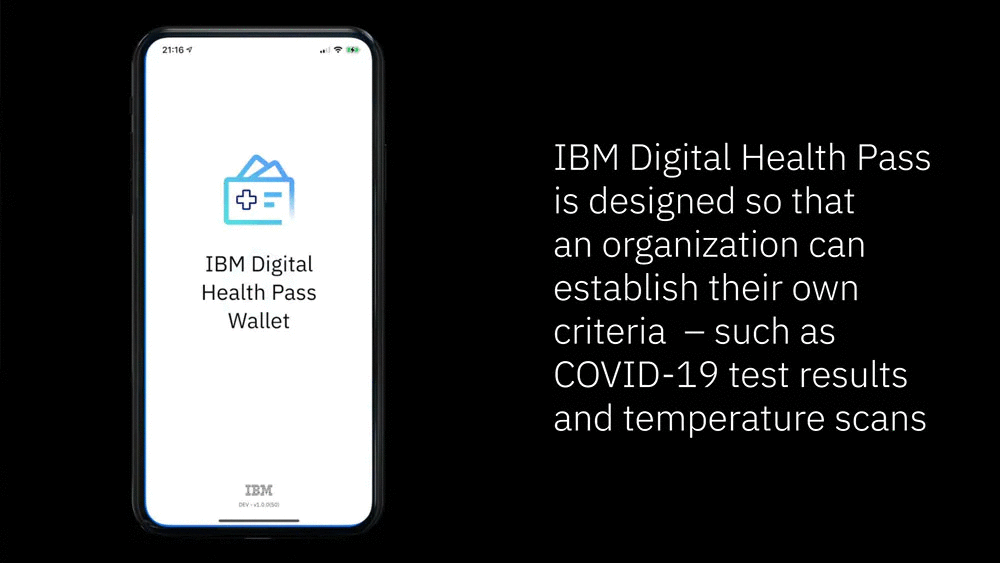Vaccine passport: What it is and what it means for the future of travel


The month of December 2020 is one for the history books. For the first time ever, countries such as the UK , the UAE and the US rolled out their respective inoculation campaigns utilizing various vaccines such as the Pfizer/BioNTech, Sinopharm and Moderna.
Numerous other countries have or are expected to follow suit in the coming weeks and months.
As hope has seemingly returned to the world following the approval and rollout of various vaccines in numerous countries, the idea of creating a vaccine passport —which would condition the access of air travel and several public places to vaccination against Covid-19— is gaining ground.
Here is everything you must know regarding vaccine passport for travel during the coronavirus pandemic.
A vaccine passport is an app containing a user’s verifiable vaccination credentials on their mobile devices in order to officially prove that they have indeed been vaccinated.
The digital vaccination document may then be utilised to gain access to offices, cinemas, public transport, restaurants, and even foreign countries.
Theoretically, the vaccine passport works by granting users, airlines, laboratories, border authorities and other relevant parties access to a globally shared database.
Depending on the need, they could then extract or insert the required information from or into the database.
[[nid:514543]]
For example, airlines or border authorities could verify the validity of a traveller’s inoculation status and the type of the administered vaccine.
This would allow the authorities to obtain information on the type and efficacy of said vaccine and act accordingly.
Borders authorities or airlines wouldn’t need to manually verify the names of the health facility or type of administered vaccine either by phone or email.
From the traveller’s perspective, the vaccine passport would allow them to instantly learn of a country’s vaccination requirements, which may include the types of vaccine accepted by the destination country.
Although there haven’t been any official measures for vaccine passports being implemented in any country as of yet, it stands to reason that once the Covid vaccine has enjoyed widespread administration, various establishments, venues and corporate spaces may very well utilise vaccine passports as a prerequisite for entry.
Case in point: IBM is currently developing the IBM Digital Health Pass as a means to provide organisations with a smart way to bring people back to a physical location, such as a workplace, school, stadium or airline flight.
Bottom line, a point of entry—be it an international border, a corporate office, a concert venue— would want to learn of a person’s inoculation status along with the accompanying variables before granting entry.

If the person has indeed been inoculated, what type of vaccine was administered, was it the Pfizer vaccine, Sinopharm, etc?
These variables are important as they correspond to varying efficacy rates.
There are currently various groups working on developing these vaccine passport apps, with two of the most noteworthy examples being the CommonPass and the IATA Travel Pass.
The CommonPass app is developed by a Switzerland based public interest foundation called The Common Projects, in coordination with the World Economic Forum. The app is currently under trial phase and should be ready for widespread use by the beginning of 2021.
The IATA Travel Pass is being developed by the International Air Transport Association and is slated for a Q1 launch in 2021.
For the latest updates on the coronavirus, visit here.